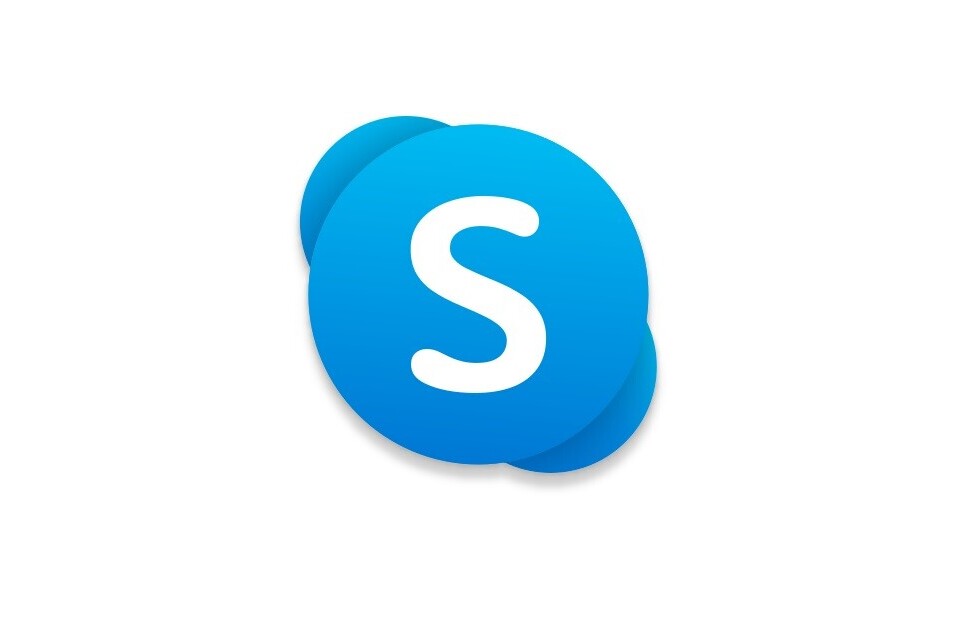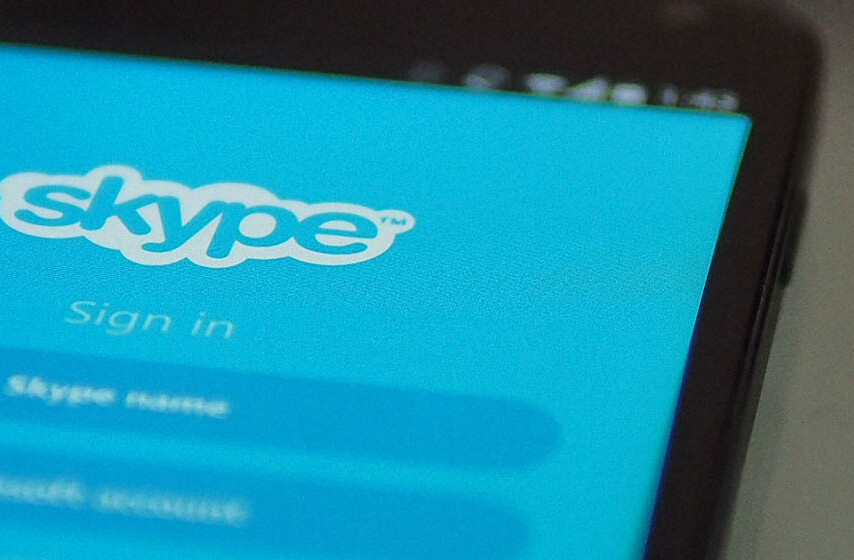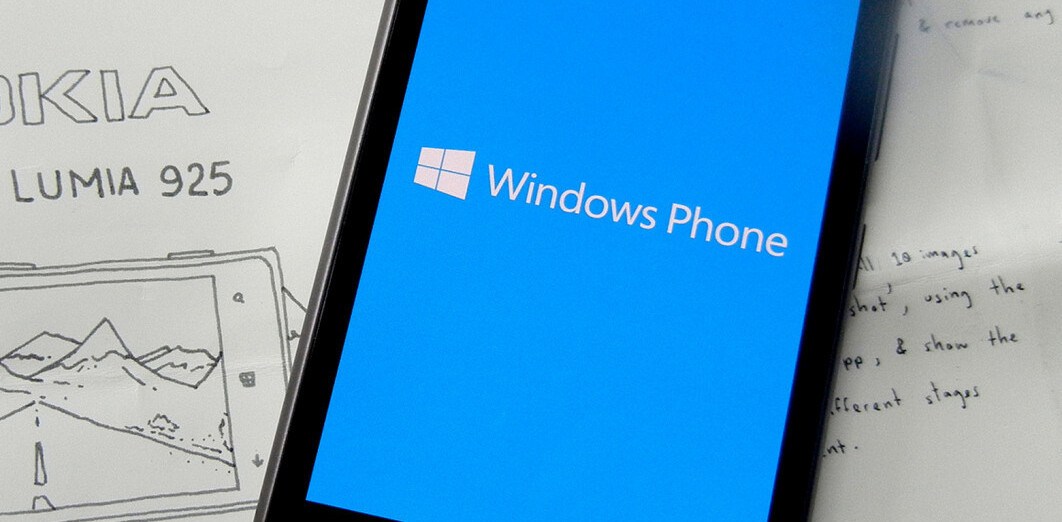
China Mobile chairman Xi Guohua has acknowledged that the world’s largest carrier is more concerned with competition from Internet services like Skype and Tencent’s WeChat than actions from rival carriers China Unicom and China Telecom.
Xi told the Southern Metropolis Daily (via Sina Tech) in an interview that traditional carriers are facing enormous pressure. However, he downplayed competition between carriers as somewhat of a zero-sum game where some players go up as others go down.
He described a second stage of competition from WeChat, a popular Chinese messaging app that has 300 million users, and Skype as “even more frightening” because it has the potential for a “qualitative transformation” that could replace its voice and messaging services.
Tension between China Mobile and Tencent has been widely known for some time. The carrier has griped that the large amount of traffic from Tencent’s messaging services like QQ and WeChat doesn’t result in a corresponding increase in revenue.
Messaging apps do appear to be having an impact on carriers. SMS volume grew by just 2.1% last year, despite a 9% increase in wireless penetration.
With more than 700 million subscribers, China Mobile isn’t likely to be in trouble anytime soon. The company is gearing up for the launch of its TD-LTE network later this year. Still, the transition to 4G will likely be a gradual one, as it is just beginning to pick up speed for its TD-SCDMA 3G network.
The Chinese wireless industry is cushioned by the government, which operates all three carriers as state-owned enterprises. However, things could get interesting if domestic regulators moves forward with approving third-party mobile virtual network operator (MVNO) licenses. Tencent has been rumored to be interested in the opportunity, which would allow it to purchase space on the operator’s networks and then resell it.
Ultimately, carriers around the world are going to face pressure from Internet services that threaten to replace some of their core business models. The way I see it, it’s up to them to innovate to keep from being relegated to “dump pipes”. To their credit, carriers aren’t standing still, as they’re working to adopt new technologies like joyn/Rich Communication Services.
Image credit: AFP / Getty Images
Get the TNW newsletter
Get the most important tech news in your inbox each week.





